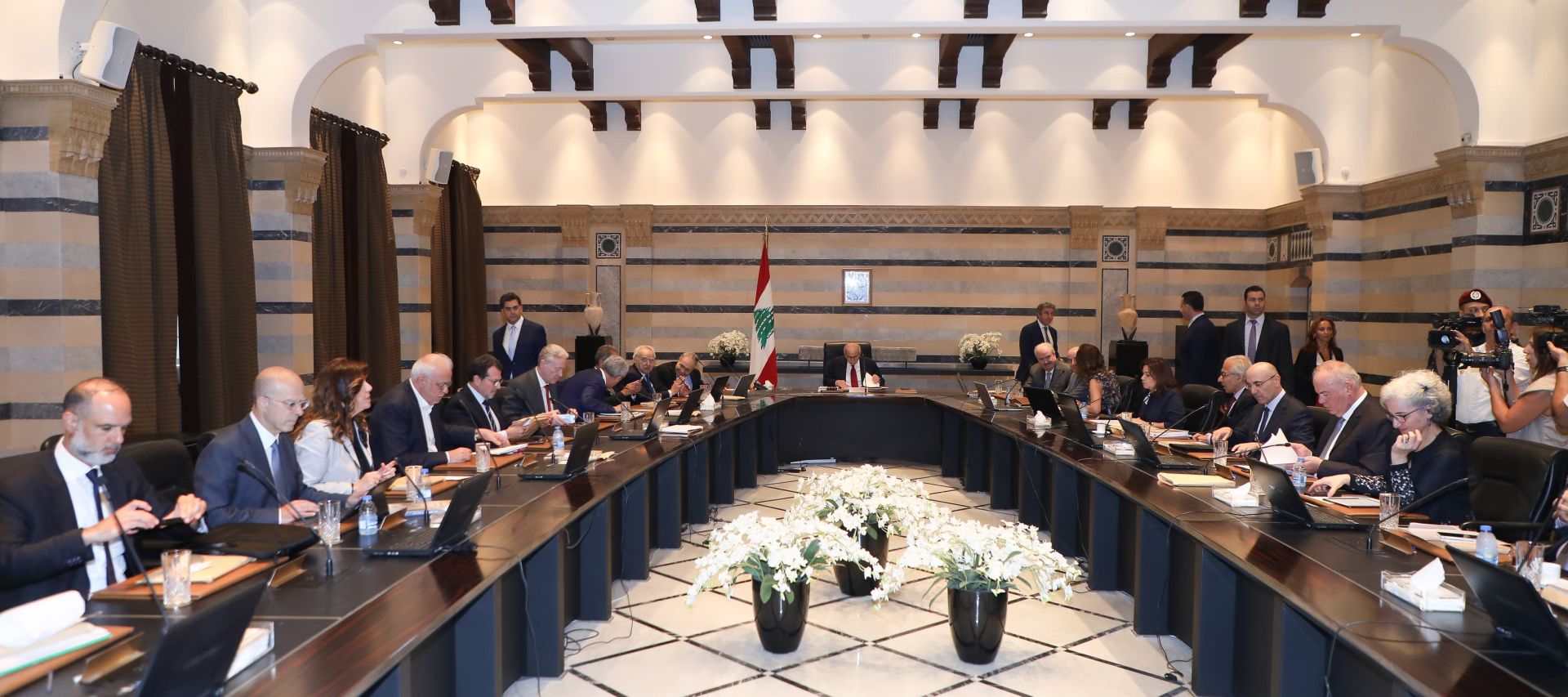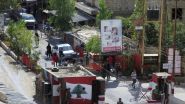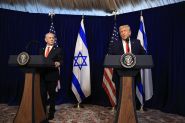
Prime Minister Nawaf Salam chaired a cabinet session on Friday at the Grand Serail, during which ministers discussed 15 agenda items. Chief among them was the rehabilitation and development of the René Mouawad Airport in Kleiate, Akkar.
Despite media reports suggesting the matter had been delayed, Minister of Information Paul Morcos clarified following the session that the government has officially begun reviewing the project to design, construct, develop and operate the airport under either the BOT or DBOT model. He stressed that the file had not been postponed but placed under focused examination due to its strategic importance, and in coordination with the relevant authorities.
To advance the project, the Cabinet formed a small ministerial committee tasked with identifying the most appropriate and expedient legal framework. The committee will also study proposed amendments to the Public-Private Partnership (PPP) Law. Its recommendations are expected to be presented at the next cabinet meeting.
The session also saw the appointment of banker Toufic Naji as the Ministry of Finance’s representative to the board of directors of Banque de l’Habitat. Naji, who brings 30 years of experience in the financial sector, previously held the same post on the bank's board.
Other decisions announced by Minister Morcos included approval to remove expired chemical materials stored at the Jiyyeh and Zouk power plants. The Cabinet endorsed a cooperation agreement with Qatar in the fields of youth and sports. It also authorized the Ministry of Communications to prepare terms and conditions for evaluating and appraising its assets—covering Ogero and the two mobile operators—in line with the Public Procurement Law.
Steps were also approved to ensure the continued operation of public schools unable to accommodate student relocations. A separate ministerial committee was formed to assess the condition of leased public buildings and propose appropriate solutions.
However, the session was overshadowed by political tension following recent remarks by Hezbollah Secretary-General Sheikh Naim Qassem. Minister of Foreign Affairs Youssef Rajji called on the government to take an official stance, warning that Qassem’s statements could have serious consequences for Lebanon, particularly in light of recent diplomatic messages cautioning against any escalation.
Rajji stressed that the situation demanded a unified government position, reaffirming that decisions on war and peace rest solely with the Lebanese state, per the ministerial policy statement and the principle of exclusive arms control.
Prime Minister Salam responded by noting that he had already issued a personal statement on the matter and saw no need for a separate governmental declaration. Minister Rajji objected, arguing that an individual position did not preclude the Cabinet from collectively rejecting any attempt to drag Lebanon into a broader regional conflict.
The discussion reportedly grew heated, with ministers divided on the issue. Ultimately, Rajji’s proposal did not pass, and the government refrained from issuing an official position on Qassem’s remarks.
Minister of Information Morcos concluded by stating that the Cabinet had also reviewed the country’s security situation and reaffirmed its commitment to the constitutional oath and the ministerial policy statement.



Comments